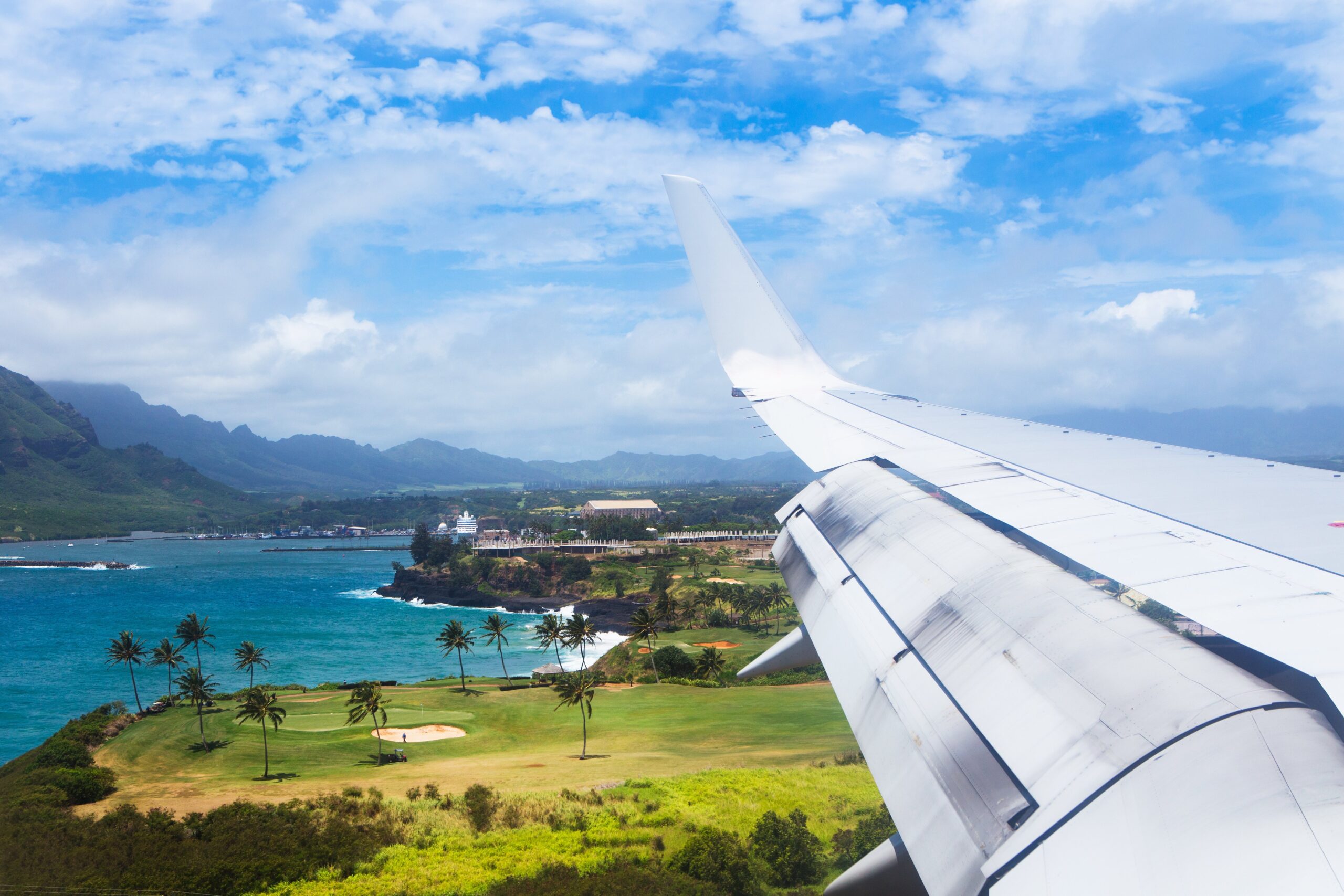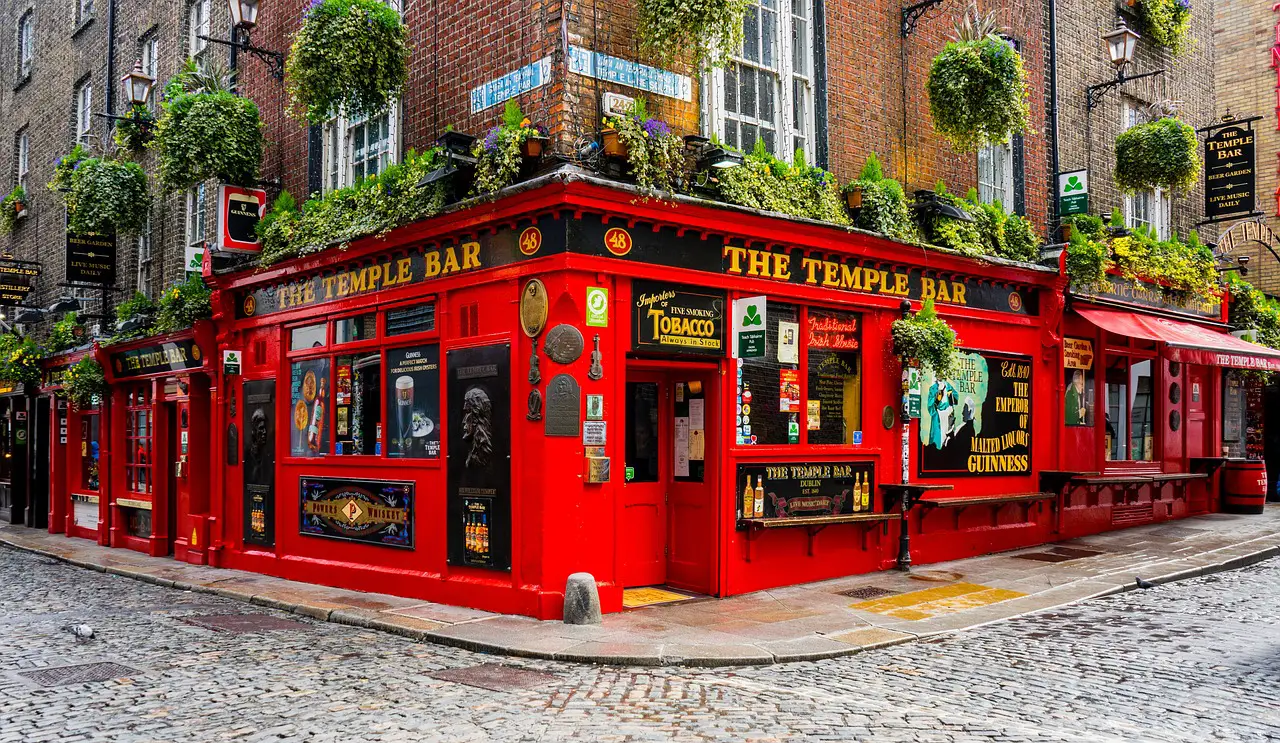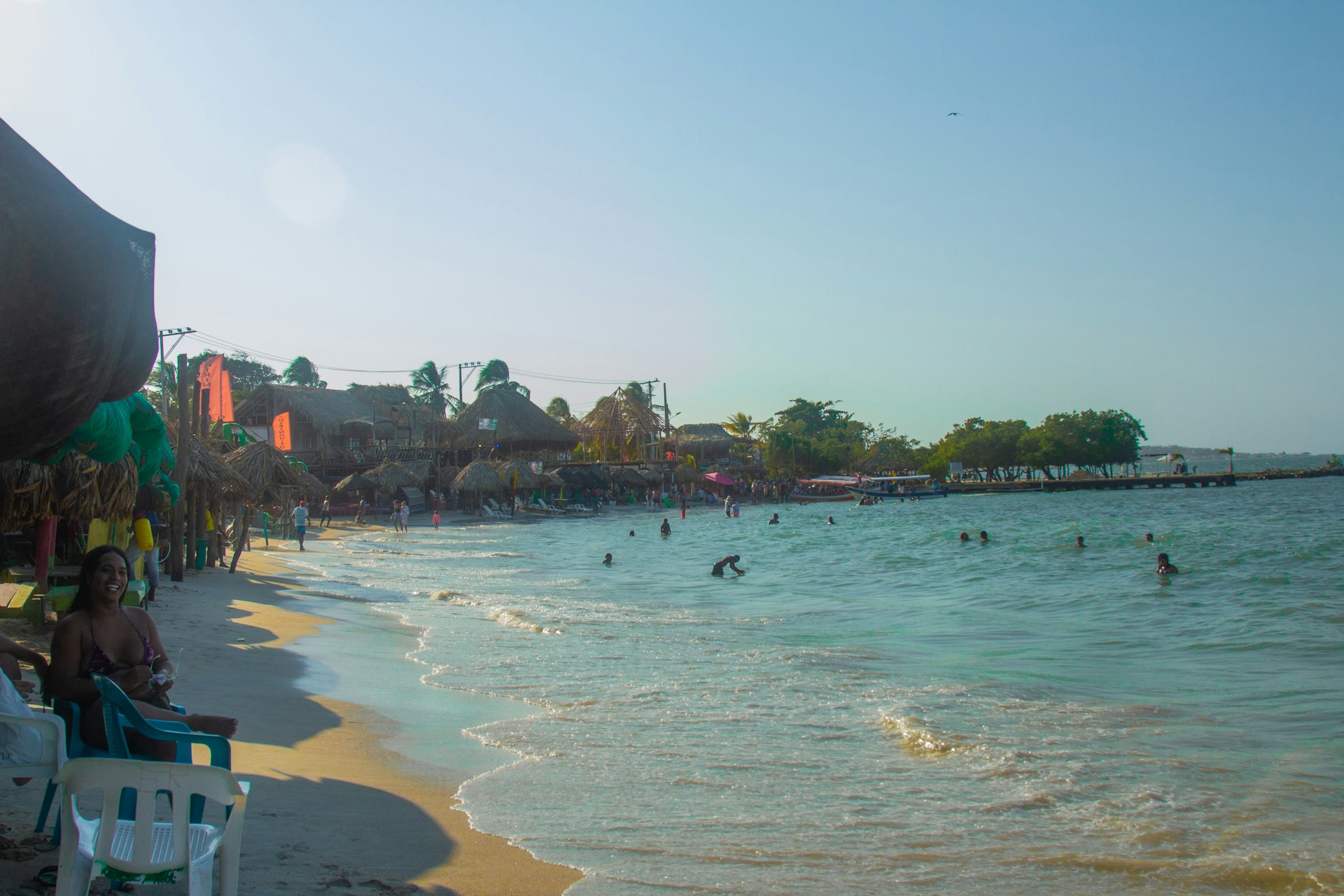Brazil, known for its vibrant culture, stunning natural beauty, and diverse landscapes, is a must-visit destination for travelers. However, exploring this vast country can be expensive if you don’t plan carefully. In this comprehensive guide, we’ll cover how to visit Brazil on a budget, from finding affordable accommodations to experiencing the best of Brazilian cuisine.
Plan Your Trip During the Off-Peak Season
Traveling to Brazil during the off-peak season can save you a significant amount of money on flights and accommodations. The off-peak season usually falls between April and June, and from August to November. Avoid visiting during the peak season (December to March), as well as during major events like Carnival and the New Year’s Eve celebrations when prices tend to be higher.
Be Flexible with Your Flight Options
Being flexible with your flight options can help you find cheaper fares to Brazil. Here are some tips to save money on flights:
Book in advance: Flight prices tend to increase closer to the departure date. Book your flights at least two to three months in advance to get the best deals.
Use flight comparison websites: Websites like Skyscanner, Kayak, and Google Flights allow you to compare flight prices from different airlines, helping you find the cheapest option.
Be flexible with your travel dates: If possible, travel on weekdays instead of weekends, as flights tend to be less expensive on weekdays.
Consider alternative airports: Sometimes, flying into a smaller airport can be more affordable than flying into a major international hub. Look for alternative airports near your destination and weigh the costs of transportation to your final destination.
Find Budget Accommodations
Accommodation can be a significant expense when traveling to Brazil. However, there are many affordable options available if you know where to look:
Hostels: Hostels are an excellent choice for budget travelers. They offer dormitory-style accommodations with shared facilities at a fraction of the cost of a hotel room. Some hostels also offer private rooms for an additional fee.
Pousadas: Pousadas are small, family-run guesthouses that can be found throughout Brazil. They offer a more authentic and intimate experience than hotels and are often cheaper.
Vacation rentals: Websites like Airbnb and Vrbo offer a wide range of vacation rentals, from private rooms to entire apartments. Renting a place with a kitchen can help you save money on dining out.
Couchsurfing: Couchsurfing is a platform that connects travelers with locals who are willing to offer a free place to stay. While it’s not for everyone, Couchsurfing can be a great way to save money and connect with local people.
Use Public Transportation
Brazil has a comprehensive public transportation system that includes buses, metros, and trains. Using public transportation is an affordable and efficient way to get around, especially in major cities like São Paulo and Rio de Janeiro. Here are some tips for using public transportation in Brazil:
Purchase a rechargeable transport card: Many cities offer rechargeable transport cards that can be used on buses, metros, and trains. These cards often provide discounts on fares and can be more convenient than purchasing single-use tickets.
Use buses for long-distance travel: While Brazil has an extensive domestic flight network, bus travel is often cheaper for long-distance journeys.
Comfortable long-distance buses connect most major cities, and tickets can be purchased at bus stations or online through websites like Busbud and ClickBus.
Consider shared taxis or rideshares: In some areas, especially those with limited public transportation options, shared taxis or rideshare services like Uber and 99 may be a more affordable and convenient alternative.
Eat Like a Local
Brazilian cuisine is diverse, flavorful, and often inexpensive if you know where to eat. By dining at local establishments and street food vendors, you can enjoy delicious Brazilian food without breaking the bank. Here are some tips for eating affordably in Brazil:
Visit local markets: Local markets are excellent places to find fresh fruits, vegetables, and other ingredients at affordable prices. You can also find ready-to-eat snacks and meals prepared by local vendors.
Embrace street food: Street food is an integral part of Brazilian culture, and it’s often more affordable than restaurant meals. Popular street food options include pastels (deep-fried pastries filled with various ingredients), coxinhas (chicken croquettes), and tapioca pancakes.
Try buffet-style restaurants: Many Brazilian restaurants offer a buffet-style dining experience, where you pay by weight for your food. This can be an economical way to try a variety of Brazilian dishes without overspending.
Opt for local dishes: Brazil has a wide range of regional dishes that are often more affordable than international cuisine. Some examples include feijoada (a bean and meat stew), moqueca (a seafood stew), and churrasco (Brazilian barbecue).
Cook your own meals: If you’re staying at a vacation rental or hostel with a kitchen, consider cooking some meals yourself to save money. Grocery stores and local markets offer a variety of affordable ingredients for preparing home-cooked meals.
Take Advantage of Free or Inexpensive Attractions
Brazil has plenty of free or low-cost attractions that cater to a variety of interests. Some budget-friendly activities include:
Exploring national parks: Brazil is home to numerous national parks that showcase the country’s diverse landscapes, from the Amazon rainforest to the Pantanal wetlands. Many parks have free or low-cost entry fees, making them an affordable way to experience Brazil’s natural beauty.
Visiting museums and cultural institutions: Brazil has a rich cultural heritage, and many of its museums and cultural institutions offer free or reduced admission. In cities like São Paulo and Rio de Janeiro, there are often free museum days where visitors can explore exhibits without an entry fee.
Relaxing on the beach: Brazil is famous for its stunning beaches, which can be enjoyed for free. From the iconic Copacabana and Ipanema beaches in Rio de Janeiro to the pristine coastline of Fernando de Noronha, there are countless beaches to explore on a budget.
Joining free walking tours: Many cities in Brazil offer free walking tours led by knowledgeable local guides. These tours are a great way to learn about the history and culture of a city while meeting other travelers.
Participating in local events: Keep an eye out for local events and festivals during your visit, many of which are free to attend. Brazil has a vibrant cultural scene, and attending these events can be a memorable and affordable way to experience the local culture.
Stay Safe and Avoid Unnecessary Expenses
Staying safe during your trip to Brazil is essential for a budget-friendly experience. By avoiding scams, theft, and other potential pitfalls, you can save money and enjoy a hassle-free trip. Here are some tips for staying safe:
Use ATMs during daytime hours and in well-lit, busy areas.
Keep your belongings secure and avoid displaying valuable items, such as expensive cameras and smartphones, in public.
Be cautious when using public Wi-Fi networks, as they can be targeted by hackers.
Purchase travel insurance before your trip. While it may seem like an unnecessary expense, travel insurance can save you money in the event of an accident or illness.
Conclusion
Visiting Brazil on a budget is possible with careful planning and smart decision-making. By choosing affordable accommodations, using public transportation, eating like a local, and taking advantage of free or inexpensive attractions, you can experience the best that Brazil has to offer without overspending. Additionally, staying safe and avoiding unnecessary expenses will help ensure a smooth, enjoyable trip. As you plan your Brazilian adventure, remember that flexibility and resourcefulness are key to maximizing your experience while staying within your budget. By embracing the local culture and exploring off-the-beaten-path destinations, you can create lasting memories and gain a deeper appreciation for this diverse and captivating country.














